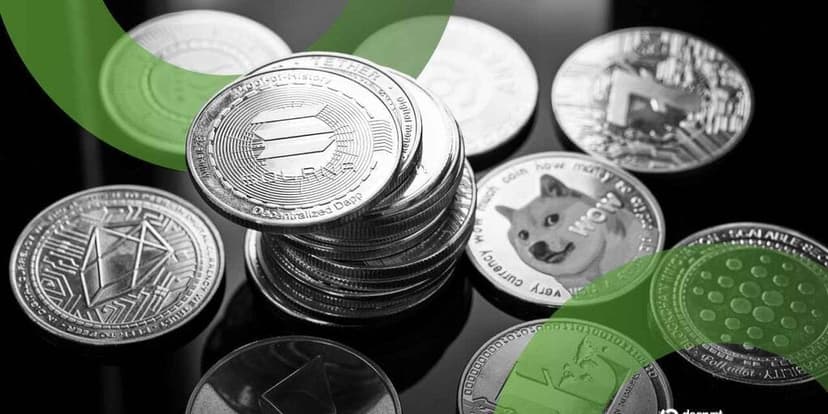About BNB (BNB)
BNB (BNB), launched on July 8, 2017, is a cryptocurrency that operates on the Binance Chain, designed for fast and efficient transactions within the Binance ecosystem. It employs a delegated proof-of-stake (DPoS) model, enabling rapid block times and high throughput, which enhances network...
BNB serves multiple purposes within the cryptocurrency ecosystem, primarily as a utility token on the Binance platform. Users can pay trading fees on the Binance exchange with BNB, receiving discounts in the process.
BNB operates under a deflationary tokenomics model, with an initial total supply capped at 200 million tokens. The distribution includes allocations for the Binance team, investors, and the ecosystem, ensuring a diverse stakeholder base.
BNB operates on the Binance Chain, utilizing a delegated proof-of-stake (DPoS) consensus mechanism for network security and transaction validation. A limited number of validators, elected by BNB holders, produce blocks and validate transactions, enhancing efficiency.
Since its launch in July 2017, BNB's development roadmap has seen significant milestones. Originally an ERC-20 token on Ethereum, BNB transitioned to its own blockchain, Binance Chain, in April 2019, improving functionality and speed.
How to Keep Your BNB Safe?
To enhance the security of your BNB holdings, consider using a hardware wallet, which provides a secure offline environment for storing your private keys. Recommended options include Ledger and Trezor. Implement best practices for private key management by generating keys in a secure environment and never sharing them. Utilize strong, unique passwords for wallet access. Be aware of common security risks such as phishing attacks and malware, and mitigate these risks by enabling two-factor authentication (2FA) and regularly updating your software. Explore multi-signature security options, which require multiple private keys to authorize transactions, adding an extra layer of protection. Lastly, establish robust backup procedures by securely storing copies of your wallet recovery phrases and private keys in multiple physical locations, ensuring you can recover your assets in case of loss or theft.
How Does BNB Work?
BNB operates on the Binance Chain, which is designed for high throughput and low latency, enabling fast transactions and efficient trading. The consensus mechanism used is a variant of the Tendermint Byzantine Fault Tolerance (BFT) algorithm, which ensures that transactions are confirmed quickly and securely by a limited number of trusted validators. Transaction validation involves a process where validators propose new blocks, and other validators confirm the validity of these blocks through a voting process, achieving consensus before adding them to the blockchain. Network security is reinforced through a combination of cryptographic techniques and economic incentives for validators to act honestly, as any malicious behavior could result in the loss of their staked BNB. Unique technical features of BNB include its integration with the Binance ecosystem, allowing users to utilize BNB for trading fee discounts, participation in token sales, and other services, as well as its capability to support smart contracts and decentralized applications through Binance Smart Chain.


